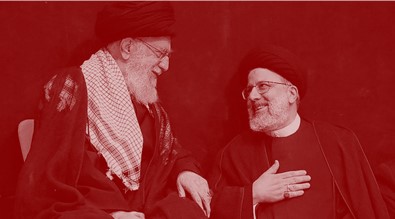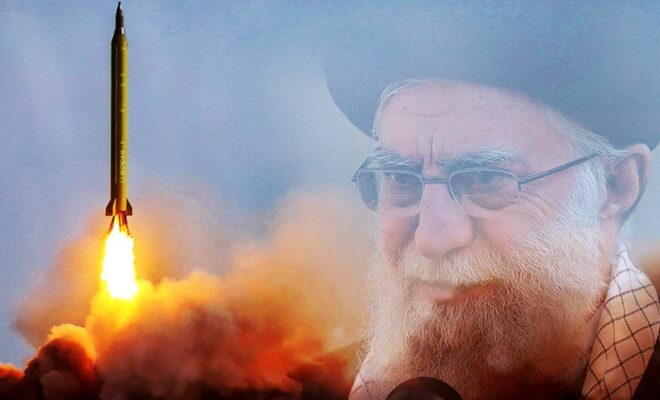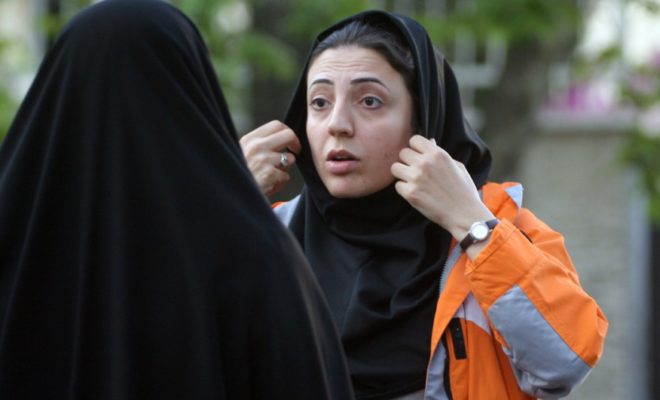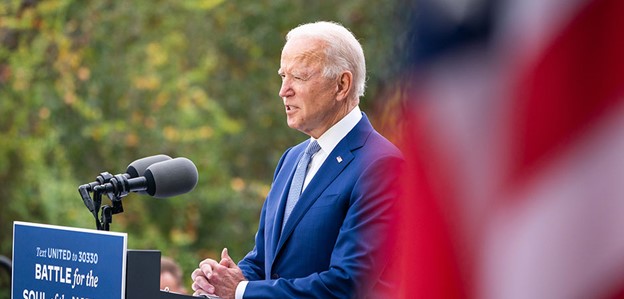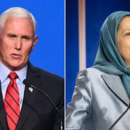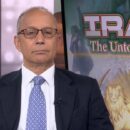Why is Iran arresting Iranian Dual Citizens?
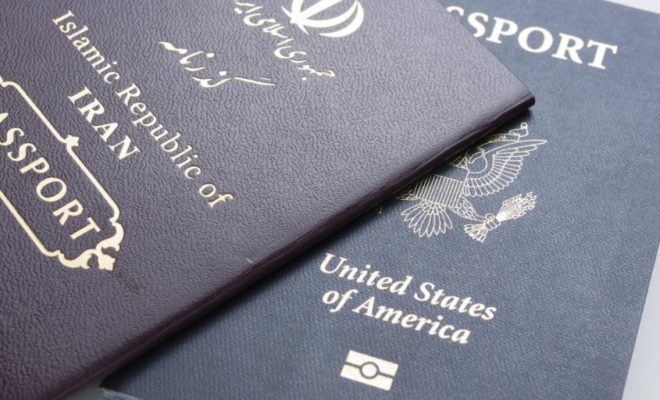
Babak Dadvand, Organisation of Iranian American Communities
July 31, 2016
The election of Hassan Rowhani as president of Iran in 2013, the recent and controversial Iran Nuclear deal between Iran and the United States, and the increase in business and tourism exchanges between Iran and the western world has led some critics of the Iranian regime to assert that the country is moving in a more moderate direction.
However, recent arrests of Iranian Dual Citizens such as Iranian-American Robin Reza Shahini and Canadian-Iranian Professor Homa Hoodfar stand in stark contrast to this “moderate” image. Recent continuous arrests of Iranian dual citizens suggest that the Iranian regime is propagating a “myth of moderation,” or building an illusion of a more moderate state in order to pander to western powers, ease sanctions, and avoid an uprising of dissatisfied Iranian citizens.
The problem being asserted by Iranian activists is that this attempt at “moderation” fails to address or even acknowledge the serious human rights infringements that Iran is known for, specifically amongst prisoners and women. Behind the veil of moderation, many Iranian citizens and activists argue that Iran maintains its status as an oppressive and controlling regime. This was a crucial point of the Free Iran rally that took place in Paris this April. American prisoners such as Pastor Saeed Abedini shared their stories of being wrongfully imprisoned and tortured in Iran.
Critics believe that Iran’s concept of “Iran democracy” is behind this false moderate image. Iran has been accused of using a moderate mullah to quell the dissatisfaction with the oppressive nature of the Iranian regime. Though Iranian president Hassan Rowhani is largely viewed as “moderate”, many argue that the title of “president” in itself is misleading, because in Iran, the president plays an administrative, not an executive role. Rowhani’s role is only to enforce the policies and laws that are already decided by the Supreme leader, Ali Khamenei.
Beyond the limited control of the president, the democratic elections that elect the president to office are also a source of controversy, as the elections are heavily controlled by Khamenei, who has the final say on all presidential candidates and the election results. Khamenei controls the Iranian Revolutionary Guard Corps, who are responsible for the arrests of at least six Iranian dual citizens since last September. For these reasons, a moderate president has little to no impact on the maintenance of law and order in Iran. The status and situation of prisoners in Iran rests completely with Khamenei, and his leadership focuses on using oppressive and illegal tactics in his prisons.
In short, the elections are arguably an act of theatre, and the president of Iran a mere figurehead, completely subservient to the rulings of the supreme leader, whose tactics regarding political prisoners and punishment are far from moderate.
While Iran welcomes in Western Tourists and government officials such as Italian Prime Minister Matteo Renzi’s visit in April of 2016, Iranian citizens are being held as political prisoners in Iran’s notorious prisons such as Gohardasht and Evin. These prisons are known for allegations of torture and the use of rape as an interrogation technique, especially against women. In a Reporters Without Borders published statement on January 21, 2016, the organization asserts that the Iranian regime has also been denying medical treatment to its political prisoners at Evin prison, such as human rights activist and journalist Narges Mohammadi. During his speech at the Free Iran Rally, Pastor Saeed Abedini, who was imprisoned for three and a half years for being a Christian, recalled the harsh treatment he received in prison and a guard telling him, “For you it’s the end, you will never get out of this prison.”
In particular, Iranian dual citizens are at risk when they travel to Iran because Iran does not recognize dual citizenship. This allows the Iranian regime to imprison Iranian Americans, for example, as Iranians, denying them access to American diplomats and help. It is thought that these imprisonments are motivated by a desire to gain political ammo against other countries, holding their citizens hostage as they attempt to leverage them in negotiations.
What is certain is that a change in presidential leadership has led to little change in terms of the situation for prisoners in Iran. Iranian human rights activists demand that the inhumane treatment of prisoners in Iran and the arrests of dual citizens be stopped immediately. Unfortunately, many fear that the illusion of moderation in Iran is preventing some in power from speaking out and taking a stand to defend the Iranian people from the threats of the still very oppressive Iranian regime.
Babak Dadvand, Iranian American Communities-US (OIAC)

